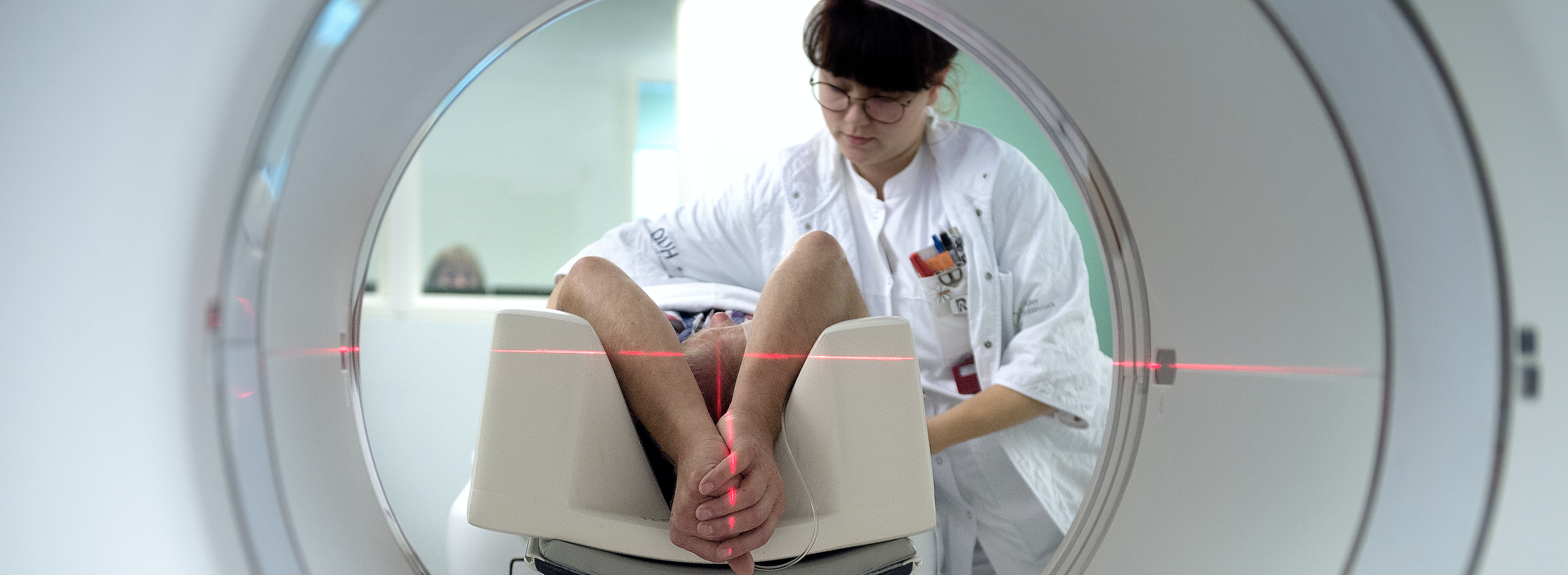Facilitators
-
Dagmar Beier, Clinical Associate Professor
Description
Although some progress has been obtained in treatment of the most frequent primary brain tumors - the gliomas, there is a median survival of less than 15 months for the most malignant glioma - the glioblastoma. The breakthrough in molecular knowledge about what drives this malignancy has not yet been translated into novel approved therapies.
In our team we emphasize that micro-environmental considerations are taken into consideration in order to better understand the biology of brain tumors and how novel therapeutics strategies can be developed. We take e.g. tumor-associated microglia and macrophages into account in our studies together with micro-environmental aspects of hypoxia.
Moreover, the cells of the tumor periphery interact with the normal brain parenchyma. This interaction with brain parenchyma is a key aspect in our research and most likely of major importance for tumor cell biology and phenotype and the lack of effect of novel therapies. Moreover the interaction with brain parenchyma is highly important in terms of epilepsy and effects of anti-epileptic drugs.
We approach these challenges as a multidisciplinary team covering different medical specialties as well as basic and translational research including methodologies going from experimental in vitro and in vivo studies to clinical studies. It is our hope that we by joint efforts will be able make a difference for patients with brain tumors within both a short- and long-term perspective.
